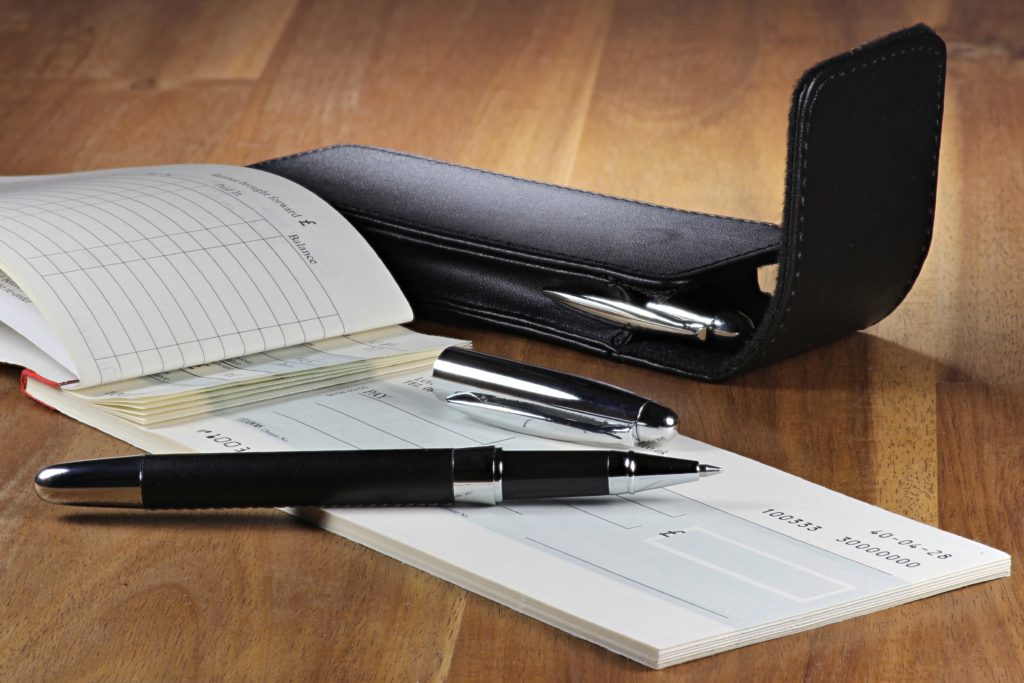The evolution of businesses and transactions in general means that there are other ways through which payment can be made other than cash. Today, there is are bank transfers, online transactions, payment apps, and one of the oldest, cheques. However, there the use of cheques has a major disadvantage, in that it can be declared a dud. When a person issues cheques and does not have up to the stated amount in his account, it is referred to as dud cheques.
Table of contents

What is a dud cheque?
In simple terms, a dud cheque is one that cannot be paid out by the bank due to the account it is issued from having lesser funds. Basically, the person who wrote the cheque does not have up to the stated amount in it. Also, in Nigeria, the issuance of a dud cheque is considered a criminal offence, punishable by the law. This is according to section 1 of the Dishonored Cheques offences Act Cap D11 Laws of the Federation of Nigeria 2004.
However, despite the fact that issuing a dud cheque is an offence, there are defence pleas available to such persons. Also, just like in every court, the defences must prove satisfactory to hold. In this situation, the person who receives the dud cheque is either left to:
- Carry out civil action for the value of the instrument, or
- Submit an official report to EFCC or the police for criminal prosecutions
If you find yourself in this situation, it is important to seek the help of an experienced legal practitioner for counsel and guidance on what to do. However, most times, this course of action is to recover the funds from the person that issued the dud cheque.
What is the punishment for a bounced cheque?
According to the law from section 128 of the Act, the dishonour of a cheque is a criminal offence in Nigeria, and punishable by the following:
- Up to two years of imprisonment
- Two years of imprisonment with a monetary penalty.
However, if the issuer agrees legally to pay up, then he is allowed to do so immediately.
How long is a cheque valid in Nigeria?
The minimum retention period for cheques to be presented to the bank in Nigeria is five years. However, cheques in the form of electronic images can be retained for up to 10 years before expiration. Therefore, it is important that the person to whom the cheque is issued cash in on it before expiration. In an event that he or she doesn’t, then they would have to request a new cheque from the issuer.
How do you know if a cheque bounces?
Knowing a valid cheque or not is pretty straightforward; if the money transfers to your preferred account then the cheque has cleared. However, on the other hand, if it doesn’t, the cheque is said to have bounced or is fraudulent. Also, the amount of time it takes to clear a cheque differs from one bank to another, as you cannot put an exact duration on it.
Conclusion
Dud cheques are a serious offence in Nigeria and should be abstained from by all means. A cheque is said to be dud when the account to be debited does not have sufficient funds. Also, cheques can be cashed at any time within their valid date.